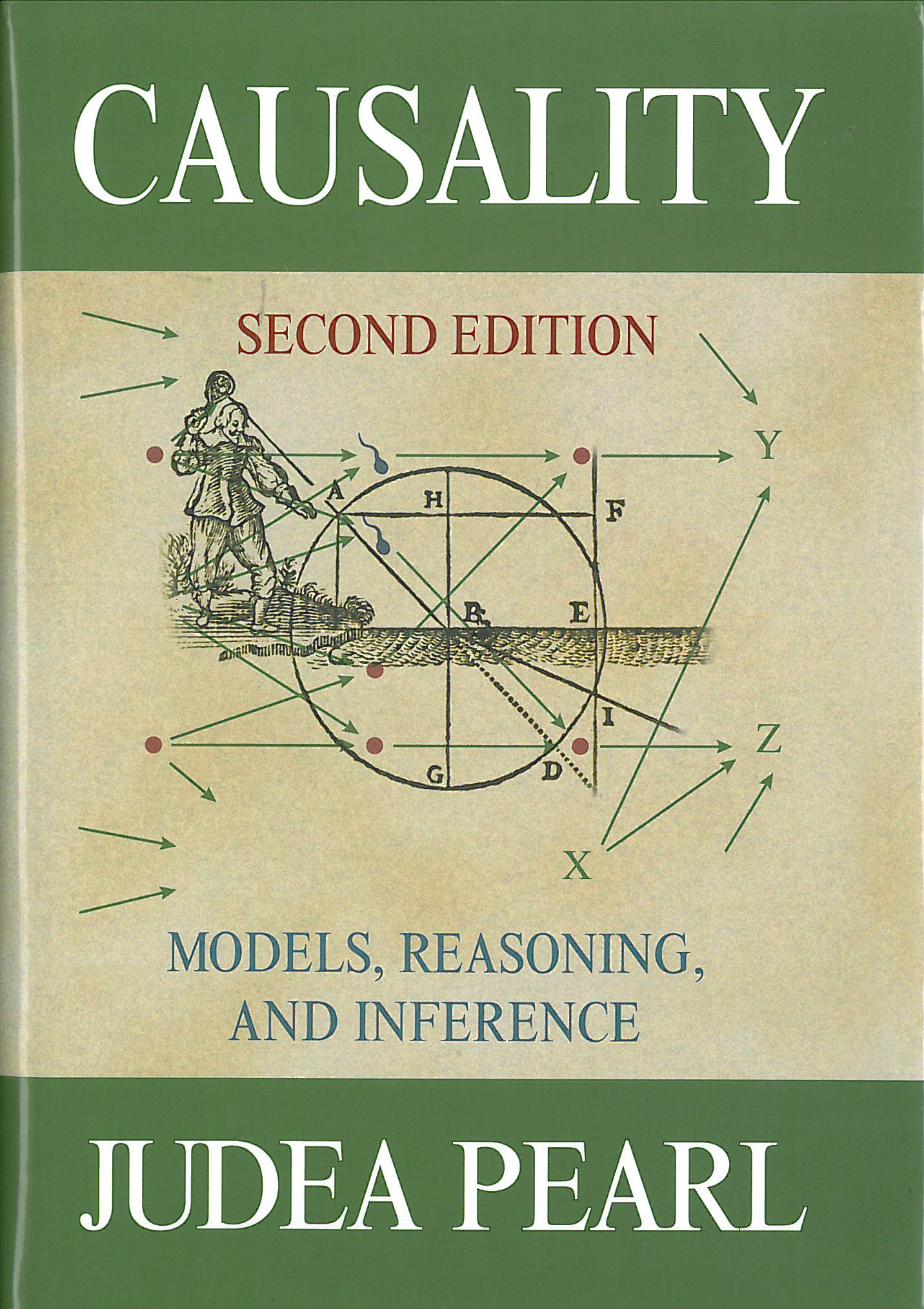


QCA is also useful for quantitative researchers who like to assess alternative (more complex) aspects of causation, such as how factors work together in producing an effect.


The CBSU is a world leading centre for cognitive neuroscience, with a mission to improve human health by understanding and… … Wikipedia Theory of Mind - Der Begriff Theory of Mind (ToM) bezeichnet in der Psychologie und den anderen Kognitionswissenschaften die Fähigkeit, eine Annahme über Bewusstseinsvorgänge in anderen Personen vorzunehmen und diese in der eigenen Person zu erkennen, also… … Deutsch WikipediaĬognition and Brain Sciences Unit - The Cognition and Brain Sciences Unit is a branch of the UK Medical Research Council, based in Cambridge, England. Creativity Emotional Intelligence Kn … Wikipedia.Theory of multiple intelligences - Human intelligence Abilities and Traits Abstract thought Communication to oneself and others and to understand that others have beliefs, desires and intentions that are different from one s own. Theory of mind - is the ability to attribute mental states beliefs, intents, desires, pretending, knowledge, etc. [1375 1425 late ME cognicioun < L cognition (s. the product of such a process something thus known, perceived, etc. the act or process of knowing perception. Cognition is studied in various disciplines such as psychology,… … WikipediaĬognition - cognitional, adj. These processes include attention, remembering, producing and understanding language, solving problems, and making decisions. A UTC must explain… … WikipediaĬognition - In science, cognition refers to mental processes. Newell argues for the need of a set of general assumptions for cognitive models that account for all of cognition: a unified theory of cognition (UTC). Unified theory of cognition - Unified Theories of Cognition is a book written by Allen Newell in 1987. This statement is valid for all… … Wikipedia Santiago Theory of Cognition - Biologists, Humberto Maturana and Francisco Varela contributed their Santiago theory of cognition in which they wrote:Living systems are cognitive systems, and living as a process is a process of cognition.


 0 kommentar(er)
0 kommentar(er)
